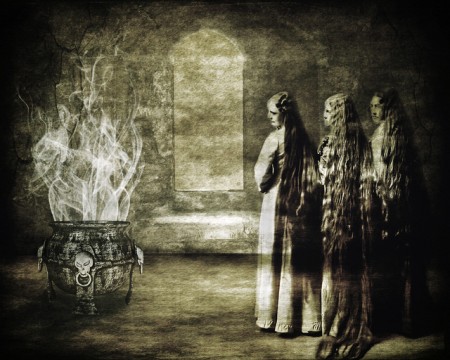
This article was originally published by IPI Global Observatory on 18 May 2017.
The low global oil prices being experienced since mid-2014 have had a serious impact on oil-dependent states across the world, many of which have a limited capacity to adjust to the current economic climate. Algeria is considered particularly vulnerable in North Africa, with fears of a return to the instability of the late 1980s and a diminished ability to respond to the region’s fragile security environment.
The steep decline in oil prices has caused budget deficits even in the wealthiest Gulf states, including Saudi Arabia. Yet these states generally have very large foreign currency reserves and sizable sovereign wealth funds that should help them weather the current slump comparatively well. Though not as poorly placed as some sub-Saharan oil-producers such as Nigeria, Algeria lacks such a significant cushion.


